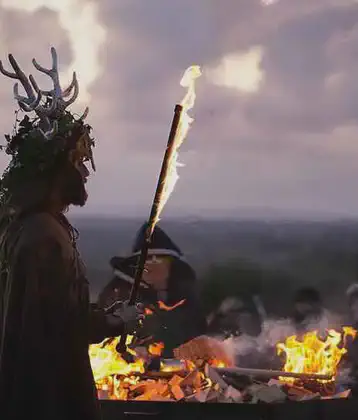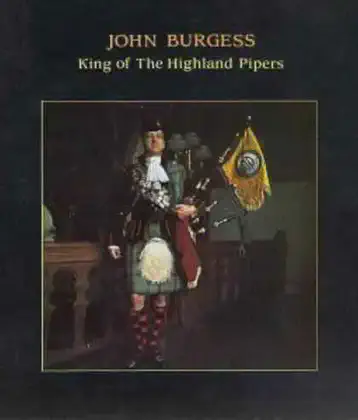On May 26, 1063 in Celtic History
England invades wales.

After the collapse of the Roman Empire in Britain during 410, Wales became divided into several kingdoms. Attempts by the Anglo-Saxon tribes to invade these kingdoms failed due to the fierce resistance of its people and its mountainous terrain.
The eastern lands lost to English settlement became known in Welsh as Lloegyr, the lost lands, and eventually became the modern Welsh name for England. The Anglo-Saxons, in turn, labelled the Romano-British as Walha, meaning foreigner or stranger. The Welsh countinued to call themselves as Brythoniaid (Britons) until as late as the 12th century, though the first use of Cymru and y Cymry were recorded as early as 633 by Aneirin. In the Armes Prydain written in about 930, the use of Cymry and Cymro was used as often as 15 times.
Following the Norman conquest of England in 1066, the independence of Wales was gradually eroded. In 1282, Edward I of England defeated Llywelyn the Last, Waless last independent Prince, in battle. Edward constructed a series of great stone castles in order to keep the Welsh under control.
Related Content

Shane Patrick Lysaght MacGowan, lead singer of the Pogues, died
Shane Patrick Lysaght MacGowan is an Irish-English musician and songwriter, best known as the lead singer and songwriter of the punk band The Pogues.
Read More
St Machar Day, patron saint of Aberdeen
Saint Machar is the Diocesan Patron Saint of Aberdeen; the Feast Day being observed on 12th November.
Read More
Oíche Shamhna - Cetlic New Year Eve (Halloween)
In Scotland and Ireland, Halloween is known as Oíche Shamhna, while in Wales it is Nos Calan Gaeaf, the eve of the winters calend, or first. With the rise of Christianity, Samhain...
Read More
ALBAN ELFED (Welsh Bardic name for autumn equinox)
Alban Elued, The Light of the Water, the first day of Autumn, was also called Harvesthome. Observed on September 21, the Autumnal Equinox was the day when the sun again began to...
Read More
Feast day of St. James
Guinness St. James Gate Since mediaeval times, Dubliners held an annual drinking festival in the Saint’s honor. Fittingly, Guinness chose St. James’ Gate as the site for their...
Read More
John Davie Burgess, King of the Highland Pipers, died at age 71.
John Burgess died on June 29, 2005 at the age of 71.
Read More
No location specified

No location specified

No location specified

No location specified

No location specified

No location specified

No location specified

No location specified